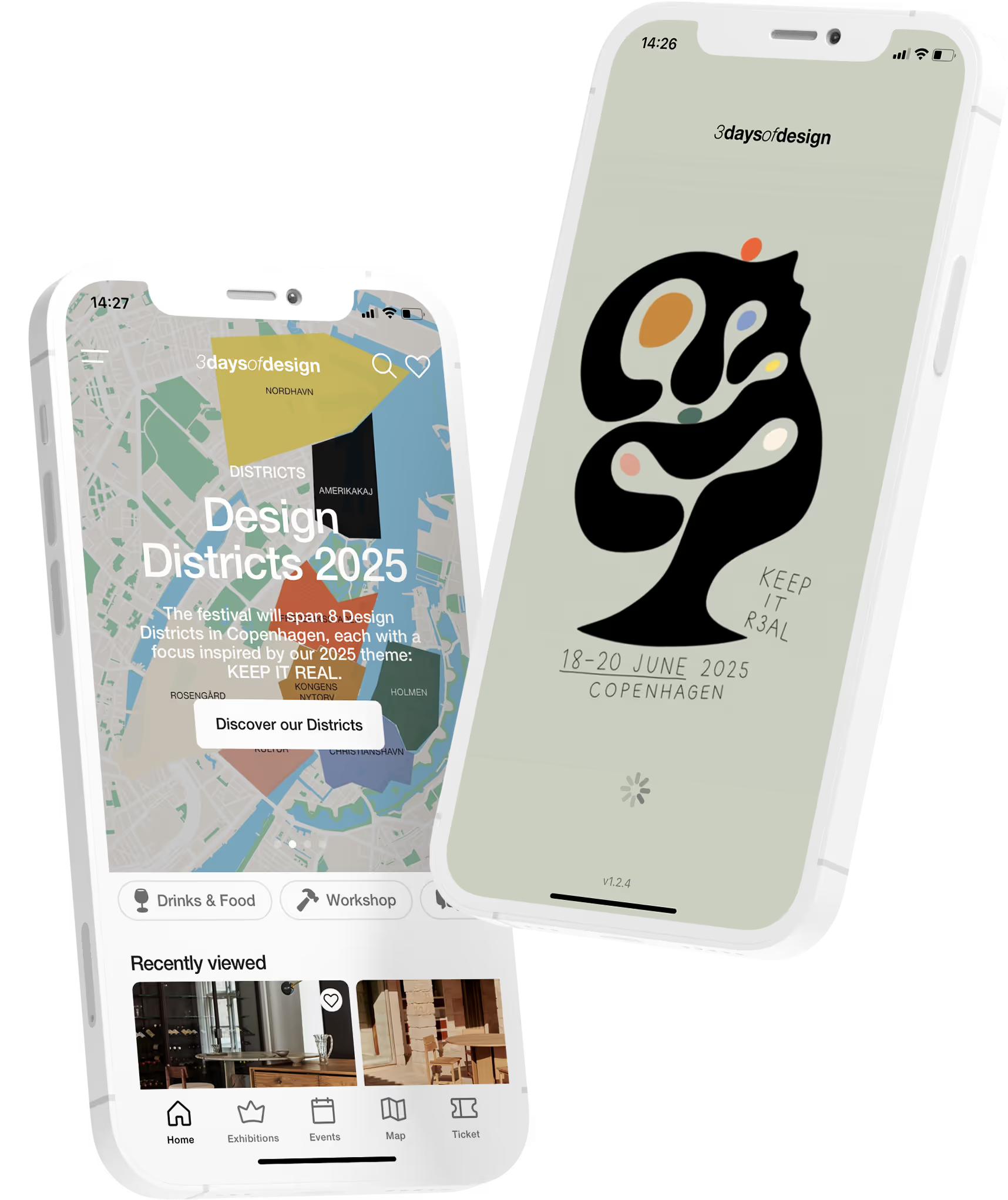Surprising Designs to Inspire the Green Transition
Have you ever thought about what an airbag looks like? Probably not. Most of us have never seen one - and thank god for that. You might be surprised to know that airbags come in a beautiful range of pastel colours and have a soft yet durable surface.
The icelandic design company FÒLK have launched a line of surprisingly elegant cushions - made out of discarded airbags. An airbag is a product that would normally get cut out and discarded if deployed, and otherwise scrapped with the car. The filling in the pillow, simply named The Airbag, is cutoffs from the Icelandic fashion brand 66North.
The Airbag is an example of circular design where 96% of the finished product comes from reused materials. And it is surprising to see airbags used this way - and that's the whole point. Even though FÒLK is a design brand the idea goes much further than to just create beautiful and functional design. It's about inspiring a different way of thinking.
“We are a design company but our goal is to push the green transition. One way of doing that is to inspire others to be creative with the materials and resources already at hand when creating something new,” says founder and creative director of FÒLK, Ragna Sara Jonsdottir.
During this years 3daysofdesign you can experience FÒLK’s design at Polestars showroom at Kristen Bernikows Gade. The combination of a design brand and an electric vehicle brand might also be a bit surprising. But actually the match makes a lot of sense.

Both brands were founded in 2017 with a mission to make sustainable solutions more sexy. By showing that having the earth and its resources in mind doesn't have to mean that you compromise on aesthetics or comfort. The collaboration with Polestar has been very inspiring for Ragna Sara Jonsdottir.
“If we are to be successful with the green transition there is no one industry who can do it alone. We need to get inspired by each other and learn from each other. Polestar has come a long way in the struggles of putting their production forward for the consumers and being transparent about where the parts are from and how they were created. Traceability is a key element in circular thinking and it is very inspiring to get to work with someone who has come as far as they have in that regard,” says Ragna Sara Jonsdottir.
At 3daysofdesign, our commitment extends beyond showcasing the latest trends in interior design and furniture. We strive to facilitate meaningful discussions, debate, and actively contribute to pushing forward a more sustainable approach within the realm of interior design and furniture business. Join us in our mission to inspire positive change and promote a greener, more responsible future for the industry.






